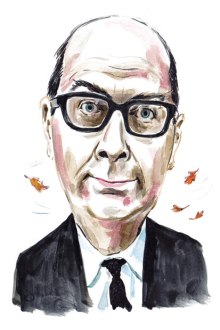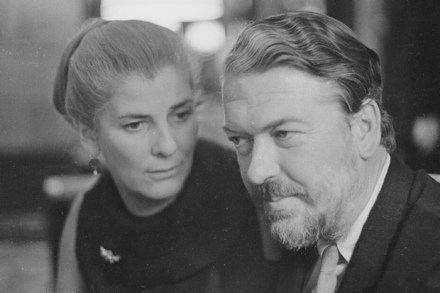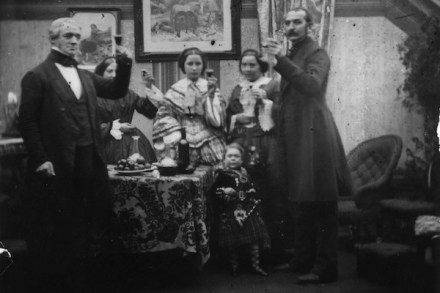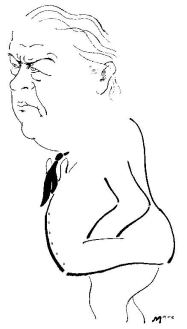Mark Amory’s diary: Confessions of a literary editor
Until recently I used to claim that I had been literary editor of The Spectator for over 25 years; now I say almost 30. The trouble is I am not quite sure and it is curiously difficult to find out. Dot Wordsworth arrived on the same day as me but she cannot remember either. Each of us assumed that the other was an established figure and so our superior. A similar imprecision may undermine other memories. In the early Eighties then, when Alexander Chancellor had reinvented the magazine after a bad patch, and it seemed daring, anarchic and slightly amateurish, I wrote theatre reviews and one late afternoon went round






